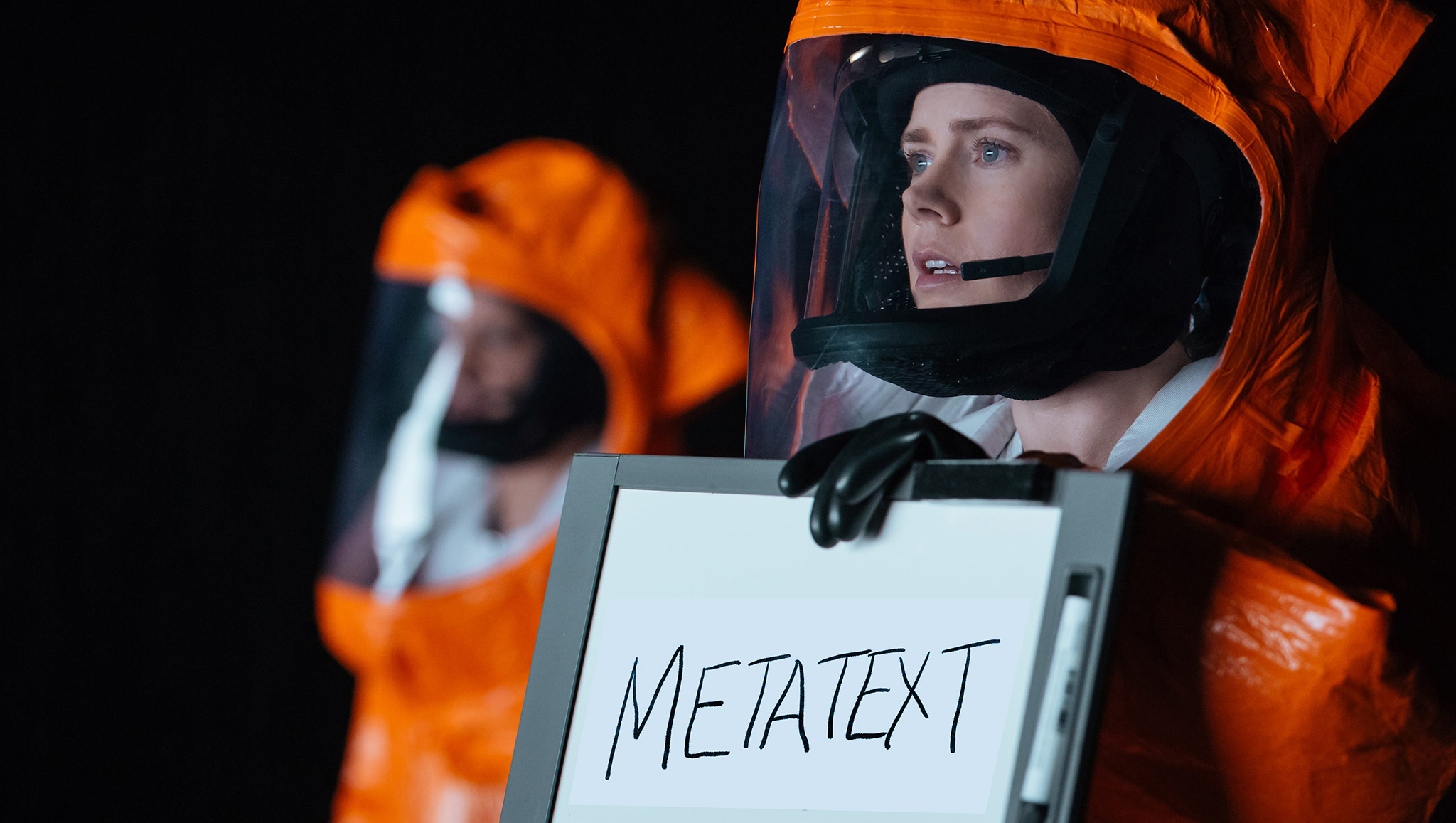I just watched a video from Dead Meat, giving an explainer on “The Wyatt Sicks” and how they fit into the history of horror in professional wrestling. The video’s a year old, but it’s become relevant recently after Universal Horror Nights announced that they’d have a house themed to The Wyatt Sicks. I’m sure there’s a not-insignificant portion of the audience who, like me, had never heard of them before.
I doubt I’m ever going to be a WWE fan, but every time I get a peek into that whole universe, I get the impression that they’re operating on an entirely separate level from anything that I’m familiar with.
It’s not just the typical case of something that’s not my thing, but I can understand how the hardcore fans can get super into the lore and the aesthetics, like anime for instance. And it’s not like drag, where it does absolutely nothing for me, but I can at least see how people can appreciate as an oversized expression of community. And it’s not like reality TV, where I can at least get how fans appreciate it as a kind of improv soap opera performed by non-actors.
Modern professional wrestling feels like they’ve taken everything I get about both fandom and about creating popular entertainment, allowed it to grow and evolve over decades in an environment that allows it to thrive (Florida), to the point that it’s now not just alien to me, but several generations beyond the level that I engage with things.
For instance: I love going on about metatext and “multi-channel communication,” where even art that seems low-brow on the surface is actively engaging with the audience on multiple levels simultaneously. Anticipating and subverting expectations. Using the form of the media to make a moment or an idea land harder. Playing around with what’s fiction and reality and blurring the lines between them.
Modern wrestling treats all this kind of over-thinking as completely irrelevant. Unlike it was when I was growing up, where the media tried to treat “is professional wrestling fake?” as if it were a legitimate question, today’s version has moved so far beyond that, even raising the question would make you seem like the biggest simpleton. It’s not just that the audience knows that it’s all about showmanship, but that they can understand and appreciate how much of it is showmanship vs how much still requires physically demanding athleticism.
And on top of all that, the kind of always-twisting lore and continuity and complicated back-stories that would make even the nerdiest Star Wars or comic book fans give up.
While I get sidetracked on questions of authenticity and public personas — where’s this person coming from? How much is what they actually believe? How much is purely fiction, or knowing satire, or unknowingly revealing their faults and limitations? — the wrestling crowd seems perfectly capable of understanding that the characters they see aren’t real people and also they very much are.
This story in particular is about a wrestler who had various personas, had built a cast of weird characters around some of his simultaneous personas, and now has a group of other wrestlers — including his real-life brother — paying homage to him by embodying some of those characters to carry on his lore. As the video asks: is it exploitative, or is it a sincere homage? And it mentions the ARG-style videos teasing the group, and interviews where the wrestlers address the question directly.
It seems like attention-grabbing showmanship and a genuinely sweet homage at the same time. There’s such a level of artificiality and exploitation in the modern WWE that’s so in-your-face that there’s little remaining that’s sinister about it. It drills everything down to the basics, which more “high-brow” media tries to cover up with viral marketing campaigns, talk show interviews and web series struggling to find new ways to make celebrities seem relatable, and the repeated insistence that they’re concentrated on making art. Professional wrestling makes the transaction plain: we’re taking your money, and we’re entertaining you in return.
And it’s only possible in an environment where everybody understands that none of this “real,” and at the same time, all of it is “real.”
